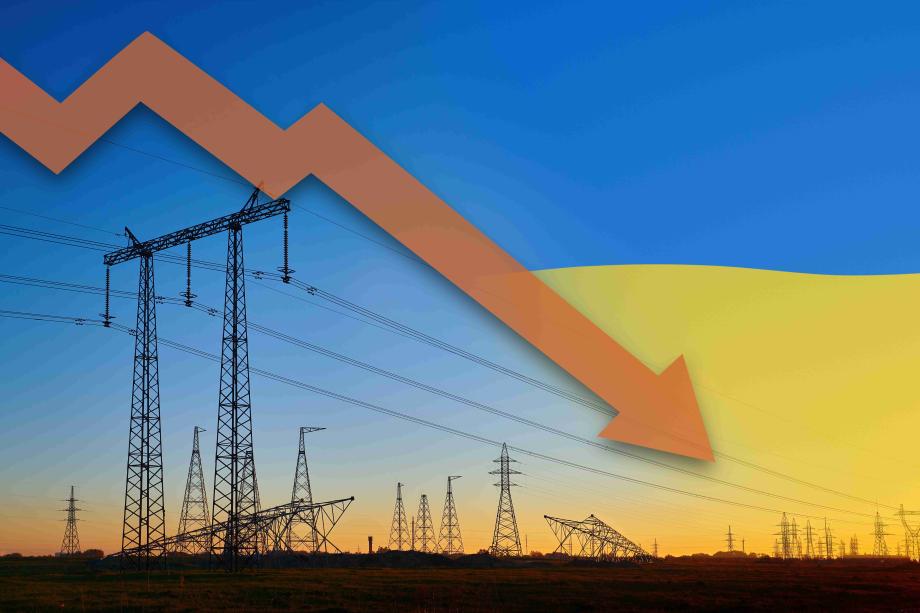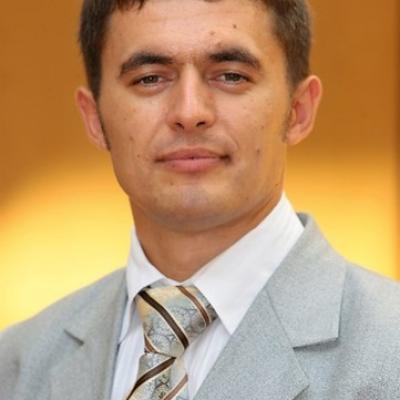Commercial Electricity Trade Between Ukraine and European Neighbours

Since March 2022, the electricity networks of Ukraine and the EU have been working in a synchronised mode. During the first months of the war, there were no commercial trade operations; only emergency support exchanges of negligible amounts occurred.
As of 30 June 2022, Ukraine started commercial electricity exports to neighbouring countries. It benefited Ukrainian electricity producers because internal demand dropped significantly in spring, and several domestic consumer groups regulated tariffs, which are much lower than prices in neighbouring countries. Consequently, the gradual increase of export capacities made it possible to earn income both for electricity producers and the transmission system operator Ukrenergo who sold transborder capacities and paid part of their debts on the internal market, in particular, for renewable energy facilities’ owners. Therefore, electricity producers received more opportunities to contract fuel and complete maintenance and repair works.
In October 2022, Russia directed much of its missile and drone attacks against the electricity infrastructure of Ukraine, causing significant damage and restrictions to the functionality of grids and production facilities. Russia also forced the shutdown of the Zaporizhzhia NPP, the most significant nuclear station in Ukraine that is located now on the temporarily occupied territory of the Zaporizhzhia region in Ukraine. Together with a moderate increase in internal consumption, the above-mentioned Russian-inflicted damages and restrictions have exhausted a surplus of electricity production capacities in Ukraine. This has forced the government to order a hold on electricity exports to European neighbours and introduced internal demand correction measures.
Upon request of electricity traders from Ukraine, transmission system operator Ukrenergo has offered on auctions in October transborder capacities to import electricity to Ukraine, particularly from Slovakia.
Generally speaking, Ukraine and its neighbours should welcome commercial electricity trade in the region, as it enhances liquidity and competition on the market and is beneficial for end consumers. The current situation has some peculiarities:
- Ukraine’s electricity traders are testing available options for importing electricity from Slovakia and potentially from other countries on its western border. This is done to cope with its supply obligations, given continued Russian attacks and the possibility of further damages to production facilities, causing a scarcity of available amounts.
- State-owned electricity trader might be instructed to test electricity imports upon request from its shareholder – the government of Ukraine – to be able to continuously supply electricity to critical infrastructure and protected consumers even in the worst cases.
- The amount of imported electricity is relatively small at the moment, given high prices in neighbouring markets and Ukraine’s electricity sector’s ongoing efforts to repair and bring damaged production facilities and infrastructure back into operation.
- Ukraine would rather try to further ration electricity consumption through demand regulations than look for substantial electricity imports, given high prices and financial scarcity.
Concerns:
Ukraine and its neighbours are aware of energy deficits and the high costs of imports, thus trying to limit both consumption and purchases from third parties.
Requests for substantial amounts of electricity from both sites will impact the domestic market, cause price spikes and possibly government administrative restriction measures.
Recommendations:
Ukraine and its neighbours would benefit from signing solidarity agreements for bilateral support and the exchange of energy resources in defined amounts and price formulas.

Senior Fellow on Energy, Ukraine and Eastern Europe Programme